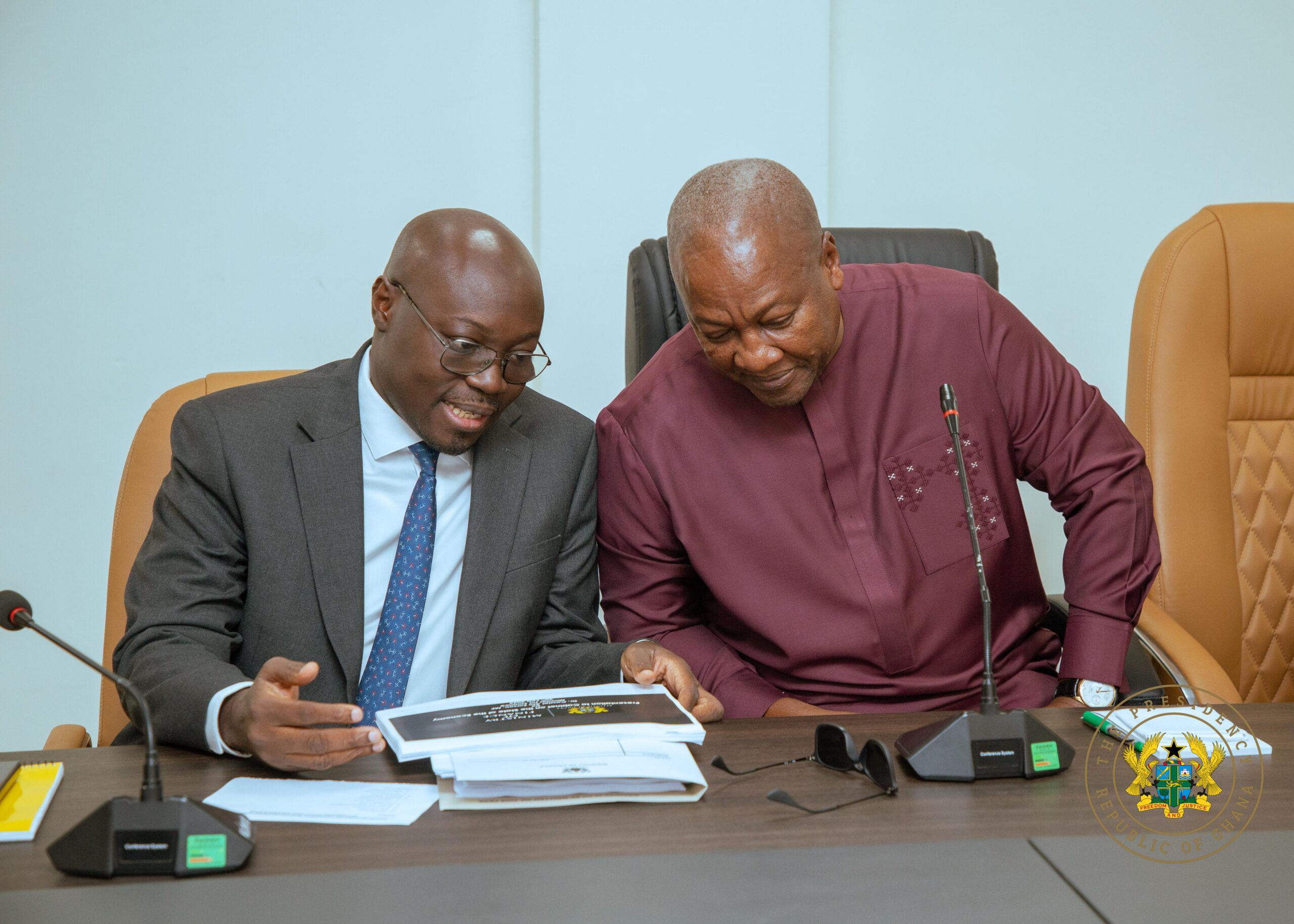
In 1960, Kwame Nkrumah instituted the Order of the Volta, one of Ghana’s highest honors. Over his tenure as President, spanning six years, he awarded it only once to Valentina Tereshkova, the first woman in space.
The rarity of this act underscored the prestige and exclusivity of the award, celebrating extraordinary achievements that transcended borders and inspired the nation.
In recent years, however, presidents appear to use the award more liberally, often to honor their own appointees. This trend risks politicizing what should remain a national celebration of exceptional accomplishments.
While there may occasionally be valid reasons for awarding appointees, such decisions demand careful consideration of ethics, public perception, and the fundamental purpose of national honors.
Of course, there are valid arguments in favour of a President recognizing his own appointees.
First, appointees, including ministers, work under significant pressure and contribute to national development. Recognizing their efforts can affirm exceptional service and dedication. The President is uniquely placed to evaluate these efforts.
Second, recognizing exemplary appointees establishes benchmarks for public service excellence, inspiring others to strive for similar accomplishments.
Third, awards tied to measurable achievements can motivate appointees to deliver results that benefit the nation.
Finally, if appointees achieve transformative milestones, public recognition can inspire unity and pride.
But there are serious concerns against such awards that cannot be ignored.
For starters, as the appointing authority, a president’s decision to award appointees may appear biased, raising questions about impartiality.
Second, such awards risk being viewed as self-congratulatory or acts of political patronage, eroding their credibility.
Third, national awards are traditionally reserved for extraordinary achievements by individuals outside government. Extending them to ministers and other appointees risks diminishing the value of these honors in the public eye.
These appointees already have access to resources, influence, and visibility. Their public service is part of their mandate, and alternative forms of acknowledgment may suffice.
Going forward, it may be time to establish a formal process to ensure that national awards are granted transparently, with criteria rooted in measurable achievements. Moreover, we should consider establishing an independent body to assess nominations, eliminating the potential for executive influence and maintaining impartiality.
We should also limit awards for appointees to instances where their achievements significantly impact the nation, far exceeding their official duties and demonstrating exceptional leadership or innovation.
If necessary, we can explore other means of celebrating ministers’ contributions, such as commendations or public acknowledgments, to preserve the sanctity of national awards.
To sum up, while it is not inherently improper for a president to bestow national awards on appointees, doing so must be approached with transparency, impartiality, and respect for the original purpose of these honors.
Safeguarding the prestige of national awards and maintaining public trust in governance should always take precedence. Otherwise, we risk diluting the prestige of these awards!
Prof Stephen Kwaku Asare is a private legal prcatitioner
The post Professor Asare provides historical background of the Order of the Volta first appeared on 3News.
Read Full Story





















Facebook
Twitter
Pinterest
Instagram
Google+
YouTube
LinkedIn
RSS